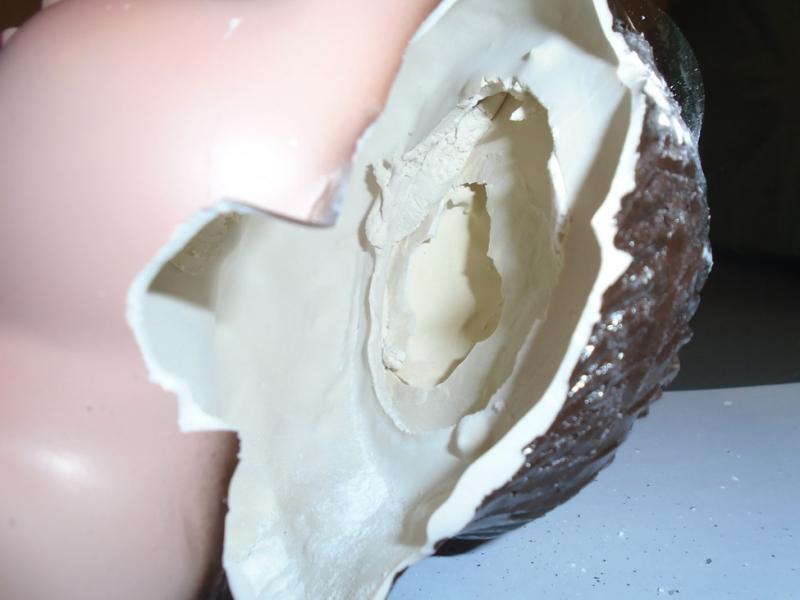LOUISVILLE, Ky— Christmas came early for U.S. Customs and Border Protection (CBP) officers at the Louisville Port of Entry. In just this past week, November 29 to December 3, CBP officers have seized several dangerous drugs, counterfeit designer apparel and counterfeit currency-a total of 133 shipments containing illegal materials.
Nightly officers at Express Consignment Operations hub in Louisville inspect hundreds of packages arriving from various locations, either from stateside addresses or from foreign locations. Many inspected packages reveal illegal contents that are concealed to smuggle their product through the mail system. CBP officers use knowledge, experience, and technology to detect these items, and seize them before they reach their ultimate destination.
Last week officers intercepted 89 shipments which contained a variety of different drugs, ranging from controlled substance prescriptions to methamphetamine to fentanyl. Fentanyl was found in two different shipments. One shipment concealed ButyrFentanyl within an art craft, while the other shipment contained more than 2 pounds of Fentanyl concealed in a doll. Theses shipments originated from Mexico.
Fentanyl is an extremely toxic substance to handle in addition to being a dangerous narcotic to use, with two milligrams considered a lethal dose. Officers are extremely careful when confronted with this substance, which again demonstrates the risk CBP officers face performing their daily duties.
“Our CBP officers worked diligently to stop these dangerous parcels from reaching their destinations, especially fentanyl,” said LaFonda Sutton-Burke, Director, Field Operations-Chicago. This opioid is a very dangerous drug that can prove to be fatal. These seizures showcase the excellent work our officers perform day in and day out.”
In addition to the narcotic seizures, officers were also stopping counterfeit items from entering the country. CBP officers intercepted 42 shipments that would have been worth more than $3.29 million. The items ranged from counterfeit Apple Airpods to counterfeit designer handbags, watches, and jewelry, with 95% of the packages arriving from Hong Kong.
On December 1, Louisville CBP also seized shipments containing a total of $4.45 million in counterfeit currency. These five shipments contained counterfeit $100 and $20 bills and were arriving from the same sender in China. The counterfeit currency, manifest as paper cards, was turned over to the U.S. Secret Service for further investigation.
“Even though the money says in small print ‘copy money’ it is very easy for these bills to be slipped into mainstream circulation,” said Thomas Mahn, Port Director-Louisville. “Our officers were able to take $4.45 million of fake currency out of circulation where it could have done harm to businesses and individuals financially.”
According to the Secret Service, special agents, and investigative analysts from around the country continue to work closely with state and local law enforcement partners to minimize risks by informing the public and apprehending those responsible for passing counterfeit currency. Counterfeiting Federal Reserve notes is a federal crime. Visit the United States Secret Service’s website for detailed information. Both consumers and retailers can protect themselves from inadvertently receiving counterfeit currency by quickly glancing at the note.
CBP conducts operations at ports of entry throughout the United States, and regularly screens arriving international passengers and cargo for narcotics, weapons, and other restricted or prohibited products. CBP strives to serve as the premier law enforcement agency enhancing the Nation’s safety, security, and prosperity through collaboration, innovation, and integration.
U.S. Customs and Border Protection is the unified border agency within the Department of Homeland Security charged with the comprehensive management, control, and protection of our nation’s borders, combining customs, immigration, border security, and agricultural protection at and between official ports of entry.
